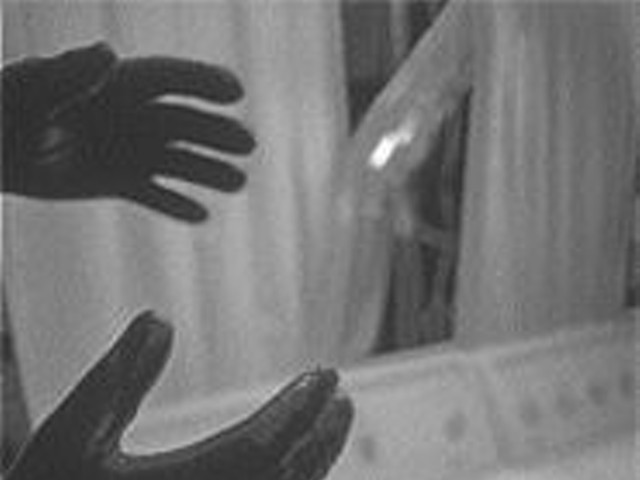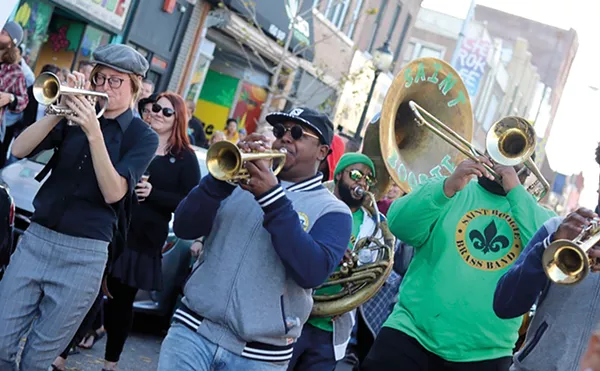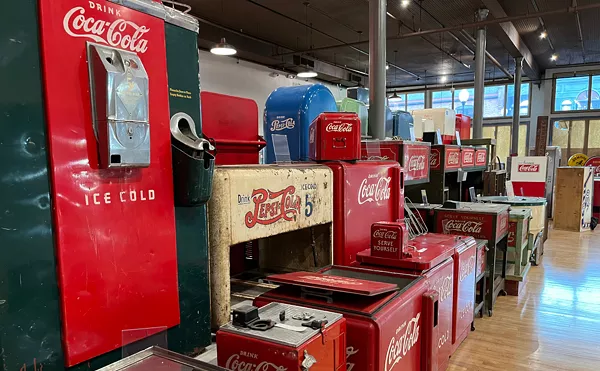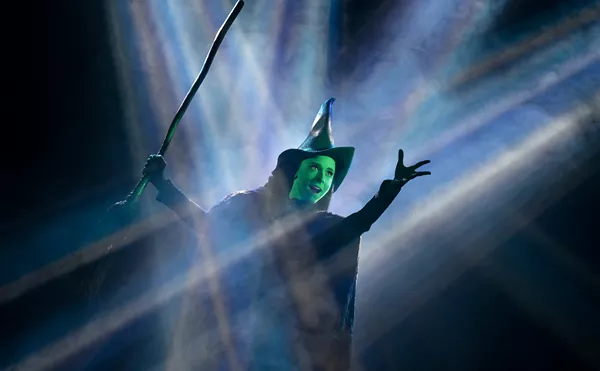Brian and Eddie (Hanrahan and David Wassilak, who share directorial credit with Mike Sneden) are sensitive guys; Scott and Rick (Steve Springmeyer and Larry Dell) are self-proclaimed "scumbag dickheads" who embody rage and sleaze, respectively. Brian and Eddie's occupations (tyro software designer and actor/director) enable them to meet their inamoratae, Sarah and Jennifer (DeDe Splaingard and Rachel Jackson), an Internet entrepreneur and actress. We get to see Brian and Sarah's relationship begin, and there's plenty of bitter epilogue, but virtually nothing about what ensues. Similarly, Eddie, a thoughtful fellow whose obsessions include astronomy and plate tectonics, casts mainstream actress Jennifer in The Cherry Orchard. Yet their interaction reduces him to her babbling style of discourse, saying, "Wow!" and "Cool!" We never get a sense of why these fellows are smitten and helpless, which is a flaw in the script more than the fault of the actors, who are, for the most part, quite fine.
Oddly enough, stale come-ons work just fine for the scumbag dickheads. Scott chases after lawyer Ginger (Tina Farmer) but scores with legal secretary Leslie (Karen Klaus), who's cartoonish about her post-divorce trauma. For all his griping about sharing, he blathers about work and then, somewhat predictably, gets dumped. Much of Love Match takes place in a bar, where Wanda and Gary (Sara Rutherford and Eric Baldwin) work. Wanda says nary a word to the other cast, yet sets up successive scenes with flat, runic commentary. Alas, the female roles range from bland to degrading, making for a lopsided presentation.
The staging is also a mystery. Love Match is presented in a voluminous TV studio, yet the audience is crammed into long rows. Most scenes are presented at extreme downstage right or left, which means, depending on your seat, you're staring straight up or across to see the actors, who play on the same level. Even so, one presumes Hanrahan is paying attention to what's working -- and not -- onstage. If his sharp and convincing The Ballad of Jesse James is anything to go by, he'll continue revising this piece -- and aim for depth rather than depth charges.





